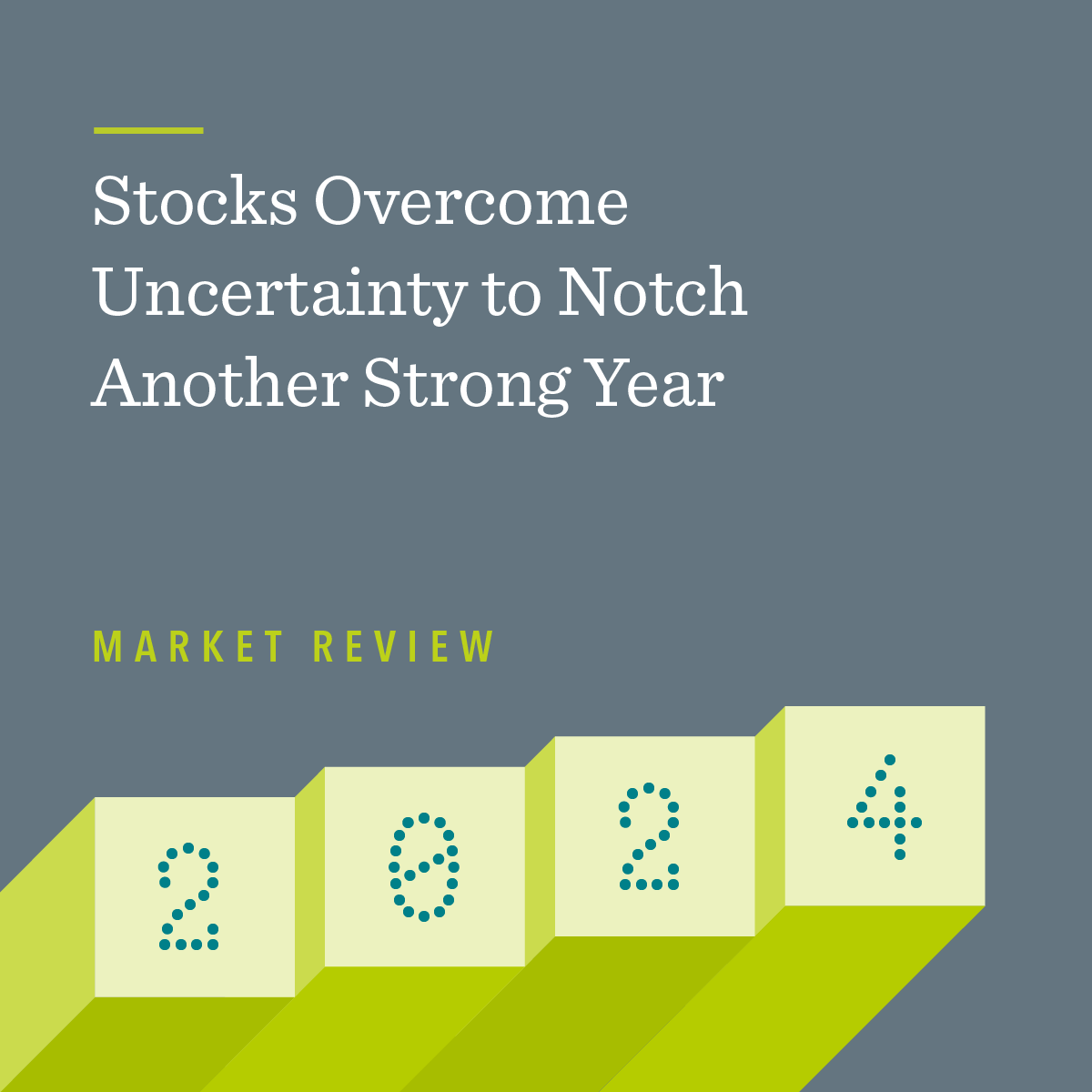by Larry Swedroe, Chief Resource Office, Buckingham Strategic Partners
Several years ago, I met with a wealthy widow who had been quite a bit wealthier before meeting Mr. Bernie Madoff. After that devastating experience, she was very concerned about finding an advisor she could trust to act in her best interest. I know she is not the only person who has questions and concerns about finding a reputable, honest and skilled wealth advisor. If you are in this boat, I’ve created a list of five criteria that should be an absolute requirement when vetting a new advisor you can trust.
- First, an advisor’s investment recommendations should be based on facts, not personal opinions. A potential wealth manager’s advice should be derived from evidence-based, peer reviewed academic periodicals such as The Journal of Finance. All suggestions should be easily understandable, transparent and make sense. One of the things I’m most proud of is that so many readers of my books have related that they had an “aha” moment – they finally understood how markets work, how prices are set and how to develop a winning investment strategy. You should walk away from a meeting with your wealth advisor with the same information.
- The second requirement is that a firm must provide a fiduciary standard of care. This legal duty requires the firm to deliver advice that is based solely on what’s in the client’s best interest. This differs from the suitability standard present in many brokerage/insurance firms which necessitate a product or service need only be appropriate. There’s simply no reason why you should settle for anything less than a fiduciary standard. Not one. Unfortunately, most investors are unaware of the difference. They simply assume that an advisor is giving advice that’s in their best interest, which makes them vulnerable to being exploited.
- Third, an advisor should be “eating their own cooking” by participating in exactly the same investment vehicles they’re recommending to you. The advisor should be willing to show you their own statement from the custodian holding their assets so that you can verify the veracity of their claim. They should also be able to show you that the company’s 401(k) or other retirement plans offer the same investments they are recommending to you. Because each person has a unique ability, willingness and need to take risk, their asset allocations may not be the same as they are recommending. But the vehicles offered should be identical. If they aren’t, don’t hire them.
- Since financial strategies can fail for reasons that have nothing to do with an investment plan, it’s critical that the advisory firm integrates one into an overall estate, tax and risk management approach. For example, an investment plan can fail because of a premature death, a disability that prevents one from working, shortage of creditor protection or lack of sufficient life, casualty, property or personal liability insurance. Because of this, it’s important a well-developed financial plan includes a detailed analysis of the need for life insurance.
- And finally, you should also make sure that the firm’s comprehensive wealth management services are provided by individuals that have the personal financial specialist (PFS), certified financial planner (CFP®) or other comparable designations. Note that the PFS credential is granted to CPAs who have demonstrated their knowledge and expertise in personal financial planning. And once these designations are established, they must be maintained through required continuing education to keep them current.
The choice of a financial advisor is one of the most important decisions you will ever make. To ensure you end up with a qualified, trustworthy wealth manager, it’s imperative that you perform a thorough due diligence. I hope these five considerations have armed you with the knowledge to vet potential firms. If you are looking for a fiduciary or if your current advisor only provides a suitability standard of care, we would love to connect with you. You deserve to work with an advisor you can trust.
The opinions expressed by featured authors are their own and may not accurately reflect those of Cogent Strategic Wealth®. This article is for general information only and is not intended to serve as specific financial, accounting or tax advice. By clicking on any of the links above, you acknowledge that they are solely for your convenience, and do not necessarily imply any affiliations, sponsorships, endorsements or representations whatsoever by us regarding third-party Web sites. We are not responsible for the content, availability or privacy policies of these sites, and shall not be responsible or liable for any information, opinions, advice, products or services available on or through them.


